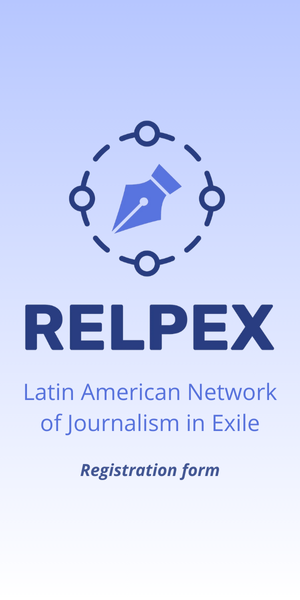Miami (June 23, 2025) - The Inter American Press Association (IAPA) expresses deep concern over the rising violence, stigmatization, and restrictions against journalists and media outlets in Bolivia, which pose a serious threat to the constitutional right to press freedom. The organization urges the Bolivian government to foster an atmosphere of respect, cease the discrediting rhetoric against the press, and ensure safe conditions for journalistic work.
The IAPA alert adds to the statement from the National Association of Journalists of Bolivia (ANPB) and the Association of International Press Correspondents (ACPI) regarding the escalation of "attacks, harassment, and restrictions on journalistic activities, amidst electoral tension and economic crisis" since January. Among other press freedom violations, journalists, particularly women journalists, have been subjected to verbal abuse and physical violence, as well as threats and confiscation of equipment.
Messages encouraged by former President Evo Morales, who despite a Constitutional Court ban seeks to run for the presidency for the fourth time, aim to silence and intimidate independent press. Morales and his followers accuse the press of attempting to politically neutralize him. Journalists from independent media have been assaulted on highways, during street demonstrations, and through social media, and media outlets have been threatened with occupation, arson, and assault on their premises.
The IAPA biannual report noted that in Bolivia "restrictions manifest in four scenarios: exclusion from state advertising, tax persecution, and rhetoric against the work of a free press, which in turn escalates to violence," and added that "ideological discourse against media and journalists is expressed in stigmatizing slogans labeling them as 'sold-out press' and 'cartels of lies'."
Judicial harassment against journalists to reveal their sources has also been reported. Last week, State Attorney General Roger Mariaca accused the private channel Unitel of "a conspiratorial zeal," according to the National Press Association (ANP).
The IAPA President José Roberto Dutriz, CEO and General Director of La Prensa Gráfica of El Salvador, expressed alarm at "how violence and stigmatization directly affect journalists and media in Bolivia. It is essential to protect press freedom, an essential pillar of every democracy and a guarantee that citizens can access free and truthful information."
Martha Ramos, President of the IAPA's Committee on Freedom of the Press and Information and Editorial Director of the Organización Editorial Mexicana (OEM), urged the government to "demonstrate tolerance towards diverse opinions and ensure thorough and impartial investigations into any act of violence or threat against journalists and media." She added that "the State must assume its responsibility to promote a safe environment for journalism, discourage all forms of stigmatizing discourse, and put an end to any incitement to violence."
The IAPA's Chapultepec Index 2024 reported thatBolivia's rating of "high restriction" in the country "is proof of the multiple cases of violence against journalists and the media; of impunity for such actions, of the shutdown of media outlets, and of the increasing restrictions to inform and citizen’s freedom of expression." It concludes, "journalism is the victim of governmental economic suffocation, and the physical, verbal, cybernetic, police and judicial attacks and harassment, among others. This has deepened the vulnerability of the exercise of the profession and violated the democratic right of an informed society with freedom of expression.” The country ranked 18th out of 22 countries analyzed in the study on the state of freedom of expression and press behavior.
The IAPA is a non-profit organization dedicated to defending and promoting freedom of the press and expression in the Americas. It comprises more than 1,300 publications from the western hemisphere and is based in Miami, Florida, United States.
Top of Form
Bottom of Form









